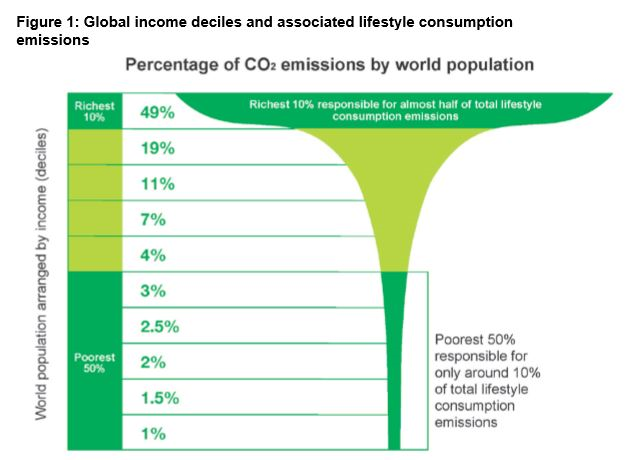
This "what do you drive?" question is a valid one. If people are expected to change their lives in significant ways, it's important that political leaders set an example and signal their commitment. It's worth discussing properly tho, rather than a 'gotcha' format
1/#IPCCReport🧵
1/#IPCCReport🧵
https://twitter.com/BBCNewsnight/status/1424851658207551494
For those already heavily committed to climate action and desperate for #COP26 to be a success, this might seem like a delayer's question, individualising climate change. But if setting an example at the national level is important, it is important at an individual level too.
2/
2/
Sharma's answer was reasonable and probably reflects where many people are at. It's sensible not to immediately junk a diesel car that you don't use very much. But questions like this should be asked and answered - because they are fundamental to climate justice.
4/
4/
Many people, esp. those who are uncertain about making pro-climate lifestyle changes, on the basis of cost or commitment, look to signals from others. Some of the most important signals come from those orchestrating change and bringing in regulations and laws - aka leaders.
4/
4/
It looks like an active choice that leaders currently are not sending these signals of personal commitment, and not visibly changing their lifestyles. Eg. Boris Johnson taking a domestic private jet to the G7; Allegra Stratton talking about crockery.
5/ theconversation.com/how-world-lead…
5/ theconversation.com/how-world-lead…
This could be for a few reasons. They may think that individual behaviour change is not important, tho @theCCCuk says 60+% of UK emissions reductions will require it.
6/
6/

Leaders may think their own pro-climate behaviour will put people off and reduce support for climate action, though lots of research including at the #ClimateAssemblyUK shows the public craves honest, clear leadership from Govt on climate change.
7/ climateassembly.uk/recommendation…
7/ climateassembly.uk/recommendation…
Leaders may feel their own pro-climate behaviour will alienate key supporters whose lifestyles are the most threatened by the need to reduce emissions in line with the #IPCCReport. This is key imo, and partly why the "systems change not individuals" narrative is popular.
8/
8/
Finally, some leaders might not actually be that bothered about changing their lifestyles, or they might not want to. This is likely to be taken by the public as leaders not actually caring and not believing climate change is serious.
It's why the car question is important.
9/
It's why the car question is important.
9/
• • •
Missing some Tweet in this thread? You can try to
force a refresh







